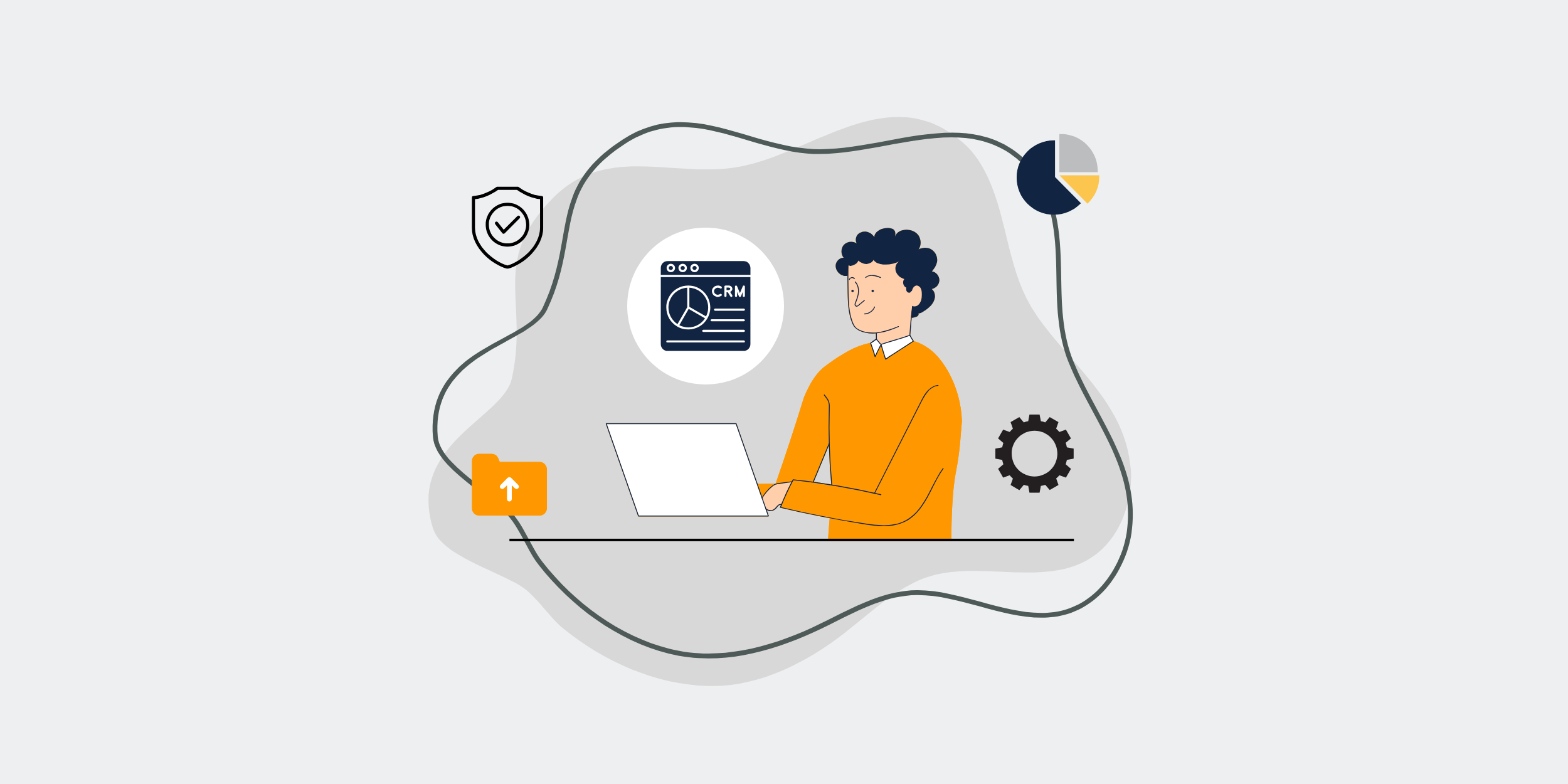The Importance of Data Backup for Compliance in Keap CRM

The Role of Data Backup in Keap ComplianceWelcome to the digital age, where data is the lifeblood of businesses. With companies like Keap, formerly known as Infusionsoft, managing heaps of customer information, ensuring data backup isn’t just smart—it’s essential. In this article, we will dive deep into the importance of data backup for Keap compliance, explore the nitty-gritty regulations, and offer practical tips for businesses. Buckle up as we unravel this critical aspect of digital responsibility! Understanding Keap ComplianceWhat is Keap?Keap is a customer relationship management (CRM) platform favored by small businesses for its robust features. It lets you manage contacts, automate marketing campaigns, and streamline sales processes all in one place. Pretty neat, right? The Importance of ComplianceCompliance in Keap involves adhering to legal standards for data protection and privacy. It’s akin to playing a game where following rules safeguards your customers’ data while preventing potential legal mishaps that could cost you big. Why Backup is Crucial in ComplianceData Integrity and SecurityImagine data backup as your digital lifeboat. When a storm hits, it ensures your data doesn’t go overboard. Ensuring data integrity means keeping info accurate and protected against accidental deletions and cyber threats. Regulatory RequirementsThere’s no escaping regulations like GDPR and CCPA—they’re like those relentless trainers at the gym. A strong backup strategy helps comply with these to avoid penalties and maintain customer trust. The Mechanics of Data BackupTypes of Data BackupFull BackupThis is the whole package. It’s like taking a snapshot of your data, capturing everything at once. While thorough, it can be time-consuming and resource-heavy. Incremental BackupThink of this as your data journal. It records changes since the last backup, making it lighter and faster than a full backup. Differential BackupThis type sits between full and incremental backups, saving changes since the last full backup. Consider it your safety belt – not too heavy, not too light, just right. Choosing the Right Backup StrategyYour backup strategy should fit your business needs like a glove. Assess factors like data volume, budget, and compliance requirements to make the best choice. Implementing Effective Backup Solutions for KeapAutomation is KeyManual backups are so 2005. Use automation tools to schedule regular backups, ensuring you’re always covered without lifting a finger. Cloud vs Local BackupThink of cloud backup as renting storage in the sky. It’s flexible, scalable, and accessible from anywhere. Local backups are more like a home-safe: secure but potentially susceptible to physical disasters. Why not use both? Regular Testing and MonitoringA backup isn’t worth much if it doesn’t work. Regular testing ensures your lifeboat won’t have a leak when you need it most. Best Practices for Data Backup in Keap ComplianceData EncryptionIf your backup gets hacked, encryption keeps your data as indecipherable as hieroglyphics to hackers. It transforms your information into a code that only you can crack. Legal DocumentationIt’s like having a lawyer on hand. Keep detailed logs of your backup methods and schedule to prove compliance if regulators come knocking. Data Retention PoliciesSet clear rules on how long data should be kept. Think of it like cleaning out your closet: hold onto what’s essential and toss the rest to stay tidy and compliant. ConclusionIn a world where data breaches and regulatory enforcements loom large, data backup is more than a safety net; it’s a business strategy. Ensuring your Keap data is backed up and compliant not only helps avoid setbacks but also builds trust with your customers. Treat it with the same importance as your core business operations. Remember, just like with a bank account, ensuring your data is safe and sound reflects good business acumen. FAQs1. Why is data backup crucial for Keap compliance?Data backup helps maintain data integrity and security, which are critical for complying with regulations like GDPR and CCPA, thus avoiding penalties and safeguarding customer trust. 2. How often should Keap data be backed up?The frequency of backups depends on your business needs and data changes. However, regular, automated backups are recommended to keep up with data changes and compliance needs. 3. Should I choose cloud or local backup for Keap?Both have their benefits; cloud backups offer flexibility and accessibility, while local backups offer additional security. A combination of both is often ideal for comprehensive coverage. 4. What should be included in a data retention policy?Your data retention policy should specify how long data is kept, under what conditions it is retained or deleted, and how it aligns with relevant regulations. 5. How can I ensure my data backup strategy is compliant?Regularly review and document your backup practices, ensure they meet regulatory standards, and update them as necessary to stay current with compliance requirements. |
Get started with CRM-Backup today! Choose your plan now.
